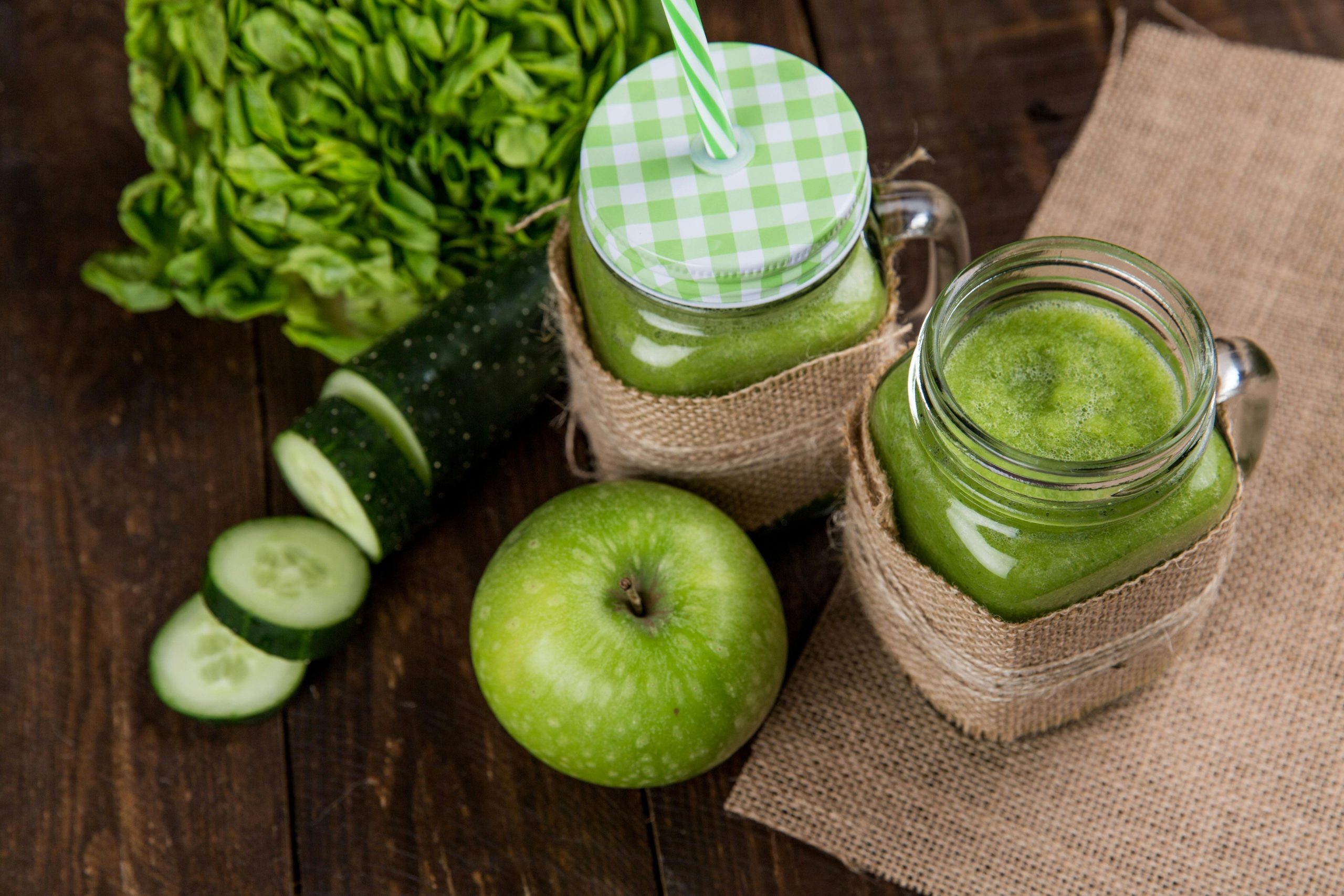The grocery store aisles are filled with products boasting impressive health claims. Labels shout about being “all-natural,” “low-fat,” “multigrain,” or “made with real fruit.” These marketing terms create a “health halo” around products, leading consumers to believe they are making a nutritious choice. However, nutrition experts often warn that these labels can be misleading. They can mask high sugar content, excessive processing, or a general lack of nutritional value. Being a savvy shopper means learning to look past the front-of-package hype. Here are nine items with health labels that experts often advise consumers to scrutinize.

1. Flavored Yogurts, Especially “Low-Fat” Varieties
The Item: Low-fat yogurts flavored with fruit or vanilla are often perceived as a healthy snack. The Misleading Label: The “low-fat” claim distracts from the high sugar content. To compensate for the lack of fat, manufacturers often load these yogurts with sugar or high-fructose corn syrup, sometimes as much as in a candy bar. Experts warn that the excessive added sugar negates many of the yogurt’s benefits.
2. “Multigrain” or “Made with Whole Grains” Breads and Crackers
The Item: Breads, crackers, and cereals with prominent “multigrain” labels. The Misleading Label: “Multigrain” simply means the product contains more than one type of grain. It does not mean the grains are whole. Often, these products are made primarily with refined (white) flour, with only small amounts of other grains added. Experts advise looking for the words “100% whole wheat” or “100% whole grain” as the first ingredient for true whole-grain benefits.
3. Veggie Chips, Straws, or Puffs
The Item: Colorful snacks made from vegetables, presented as a healthy alternative to potato chips. The Misleading Label: The “veggie” claim implies nutritional value. However, experts point out these are often made from potato or corn starch with only a small amount of vegetable powder for color and flavor. They are typically still fried or baked with high levels of sodium and oil, making them nutritionally similar to regular chips, but usually more expensive.
4. Many Commercial Granola and Cereal Bars
The Item: Granola or cereal bars marketed as a wholesome breakfast or on-the-go snack. The Misleading Label: While they contain oats, many granola bars are essentially candy bars in disguise. They are often held together with various syrups and sugars and can contain chocolate coatings or unhealthy fats. Experts warn consumers to check the nutrition panel for high “added sugars” and long, chemical-sounding ingredient lists.
5. Bottled Green Juices and “Detox” Teas

The Item: Pre-packaged juices and teas promoted for their health, cleansing, or vitamin-boosting properties. The Misleading Label: Many bottled green juices are primarily made from cheap fruit juice concentrates, making them very high in sugar and lacking the fiber of whole fruits and vegetables. “Detox” teas often contain laxatives or diuretics that can be harmful or lead to dehydration. Experts caution against relying on these pricey products for health benefits.
6. Products “Made with Real Fruit”
The Item: Fruit snacks, cereals, and snack bars featuring the “made with real fruit” claim. The Misleading Label: This claim can be technically true even if the product contains only a tiny amount of fruit, often in the form of juice concentrate or puree. The primary ingredients are frequently sugar, corn syrup, and various starches and gels. Experts warn this label is a marketing tactic to make a sugary snack seem healthier than it is.
7. Reduced-Fat Salad Dressings
The Item: “Light” or “Fat-Free” bottled salad dressings. The Misleading Label: When fat is removed from salad dressing, flavor and texture are lost. To compensate, manufacturers often add significant amounts of sugar, high-fructose corn syrup, sodium, and various chemical emulsifiers and thickeners. Experts often recommend using a smaller amount of a high-quality, full-fat dressing made with healthy oils like olive oil instead.
8. “Natural” Sodas and Sweetened Teas
The Item: Beverages labeled as “natural” or “organic,” suggesting they are healthier than traditional sodas. The Misleading Label: A soda made with “natural cane sugar” is still a sugar-sweetened beverage. These drinks can contain just as much sugar and as many empty calories as their conventional counterparts. The “natural” or “organic” label refers to the source of the ingredients, not the overall nutritional impact of consuming a high-sugar drink.
9. Agave Nectar
The Item: Agave syrup, often marketed in health food sections as a “natural” and “low-glycemic” alternative to sugar. The Misleading Label: While it has a lower glycemic index, experts warn that agave is a highly processed sweetener with an extremely high concentration of fructose. Excessive fructose consumption is linked to various metabolic health issues. It is not necessarily a healthier choice compared to other sweeteners when used in similar quantities.
Become a Critical Label Reader
The “health halo” created by appealing marketing terms can be powerful and misleading. The key to navigating the grocery store successfully is to look past the claims on the front of the package. Turn the product over and critically read the Nutrition Facts panel and the ingredient list. Pay close attention to added sugars, sodium content, and the length and recognizability of the ingredients. By prioritizing whole, unprocessed foods and being skeptical of health claims on processed goods, you can make truly informed choices that support your well-being.
Which “healthy” food labels do you find most misleading? What are your top tips for looking past marketing hype to find genuinely nutritious food? Share your thoughts below!
Read More
12 Healthy Grocery Items That Might Be Overpriced or Less Nutritious Than You Think
9 Healthy Foods That Are Quietly Raising Your Blood Sugar
The post 9 Items With Misleading Health Labels That Experts Warn Against appeared first on Grocery Coupon Guide.







